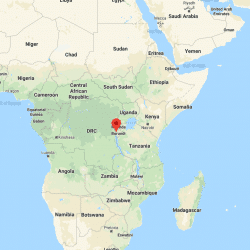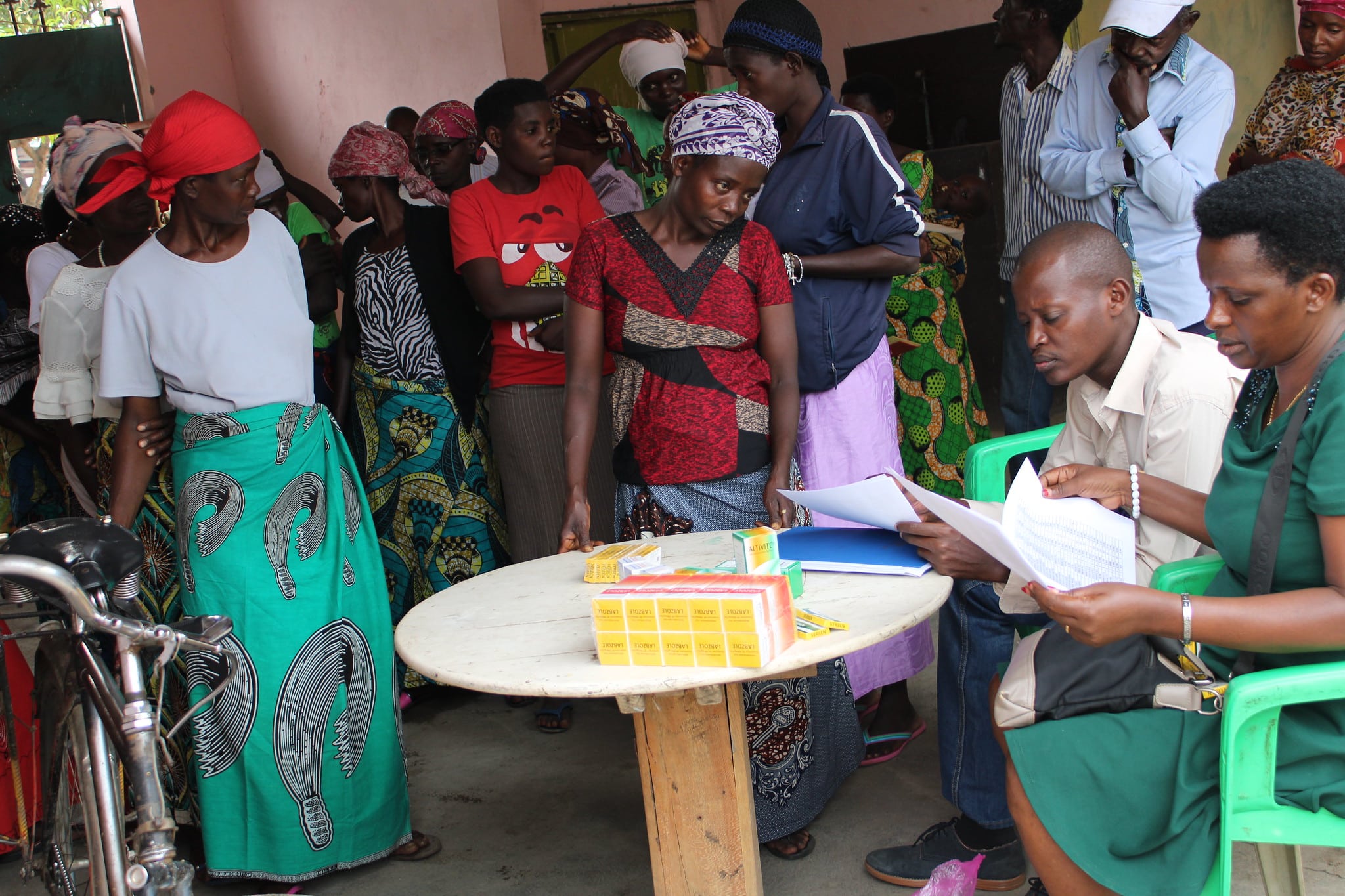Context
Political, social and economic crisis, extreme food insecurity, COVID-19, malaria epidemic, negative impact of climate change are issues that impact Burundi, a country in Africa where nearly three quarters of the population lives below the poverty line and 51% of children under 5 years of age suffer from chronic malnutrition. Burundi is in the midst of a major humanitarian crisis. More than 460,000 Burundians are uprooted, whether within the country or in neighboring countries.
Our action
Coordination and implementation: FXB International
Financial partners: The Light Foundation, Arcanum Foundation, King Baudouin Foundation, Gouvernement Princier de la Principauté de Monaco, Sobecki Family Foundation, Fonds de Soutien Migros, L’Oréal Fund for Women, Juanma Children Foundation, Haas Foundation, Valais Solidaire, Nice2Care Foundation
Breaking the vicious cycle of poverty
People living in extreme poverty in Burundi face a variety of complex challenges, including malnutrition, lack of clean drinking water, limited access to education and information, disease, poor housing and environmental conditions, social discrimination and exclusion, and adverse climatic conditions.
The strength of our approach : addressing the multiple causes of extreme poverty
Addressing the issue of income is not enough! Tackling only one of poverty’s causes, through partial aid, is an insufficient solution to sustainably overcome it.
Our Economic and Community Development FXBVillage Model allows us to provide, in three years, a complete response to the fundamental causes of poverty by simultaneously acting on 5 predominant factors.
The fundamental pillar of our model is economic strengthening. Its main innovation is the donation of seed capital—in lieu of loans—thus allowing families to achieve economic autonomy. Families are also given training in business management and financial literacy, enabling them to start income-generating activities (microenterprises) and gradually earn enough money to meet their daily needs, facilitate their financial inclusion, and continue to prosper after the program ends.
Along with economic strengthening, FXB ensures that every family member has access to basic human rights through four additional pillars: food security, access to education and critical health & social information, access to adequate health services, and a healthy home & environment.
For FXB, combating poverty also means fighting against all forms of discrimination, particularly gender discrimination, in order to balance relations between men and women so that the latter, who are more exposed to poverty, can access the same economic and social opportunities.
1. Develop the socio-economic capacities of families
- Establishment of Saving, Credit and Support Groups to provide services to beneficiary families who do not have access to formal financial services. The Saving, Credit and Support Groups help create social bonds, provide space to share challenges and solutions and foster participants’ entrepreneurial spirit
- Comprehensive training in financial management and entrepreneurship.
- Training of participants in the creation of more productive and sustainable agricultural systems, notably through the creation of Farmer Field Schools where they will learn ecological practices and Adaptation to Climate Change (ACC). The groups are also equipped with mobile phones through which they will receive meteorological and hydrological monitoring in real time.
- Donation of a seed capital of 160 Euros to each family in order for them to launch an economic activity in agriculture or another field of their choice.
- Mentoring families to develop, diversify and ensure the sustainability of their economic activities.
2. Ensure their food security and eradicate child malnourishment
- Emergency nutritional support is given to families during the first nine months of the program to help them regain satisfactory health.
- Creation of individual vegetable gardens for the production of fruits and vegetables for families’ self-consumption.
- Care for malnourished children under 5 years old and pregnant or lactating women.
3. Promote their access to health care and disease prevention
- Registration of families with a health insurance sytem. They are also referred to a center in order to benefit from adequate health care.
- Trainings in families’ health management and diet, sexual and reproductive health and the prevention of diseases such as Coronavirus, HIV/AIDS, malaria and tuberculosis, including facilitating tests.
- Psychosocial support to help families deal with the consequences of poverty and the various forms of violence they are likely to encounter.
4. Improve their living conditions
- Sanitation and furnishing of homes with solar lighting, improvement of cooking stoves, latrines, showers and hand-washing stations.
- Training in recycling and Water, Hygiene, and Sanitation (WASH).
5. Provide schooling for children, vocational training for adolescents and young adults, and community capacity building.
- Collaboration with schools and teachers to enable school-aged children and young adults to be (re)enrolled in school.
- Vocational training for teenagers and young adults.
- Community access to essential health and social information : Training related to early childhood development, children’s and women’s rights, gender-based violence, family planning or disaster preparation to enrich skills and build resilience.
FXB provides an ongoing coaching and mentoring activity throughout the three-year program to ensure that participants develop their confidence and empowerment and acquire the economic and social skills necessary to successfully move out of extreme poverty. A fourth year focused exclusively on mentoring helps to consolidate the results achieved at the end of the formal implementation of activities in this fragile country.
The strength of our action : ensuring sustainable autonomy
All dimensions of the FXBVillage model have been designed to ensure impact sustainability. FXB builds capacity, rather than creating dependency on external aid.
Through their work and commitment, participants ensure the sustainability of results on their quality of life.
At the heart of our model is the human being: we help each person express the potential that lies within. Thus, as our intervention progresses—and each participant’s ability to meet the needs of his/her family grows—FXB’s financial support gradually decreases.
Our work in Burundi would not be possible without the support and trust of our partners: the Arcanum Foundation, the King Baudouin Foundation, the Government of the Principauté of Monaco, the Addax and Oryx Foundation, the Sobecky Family Foundation, Valais Solidaire, Swim for Life and Catherine and François Cretton.


